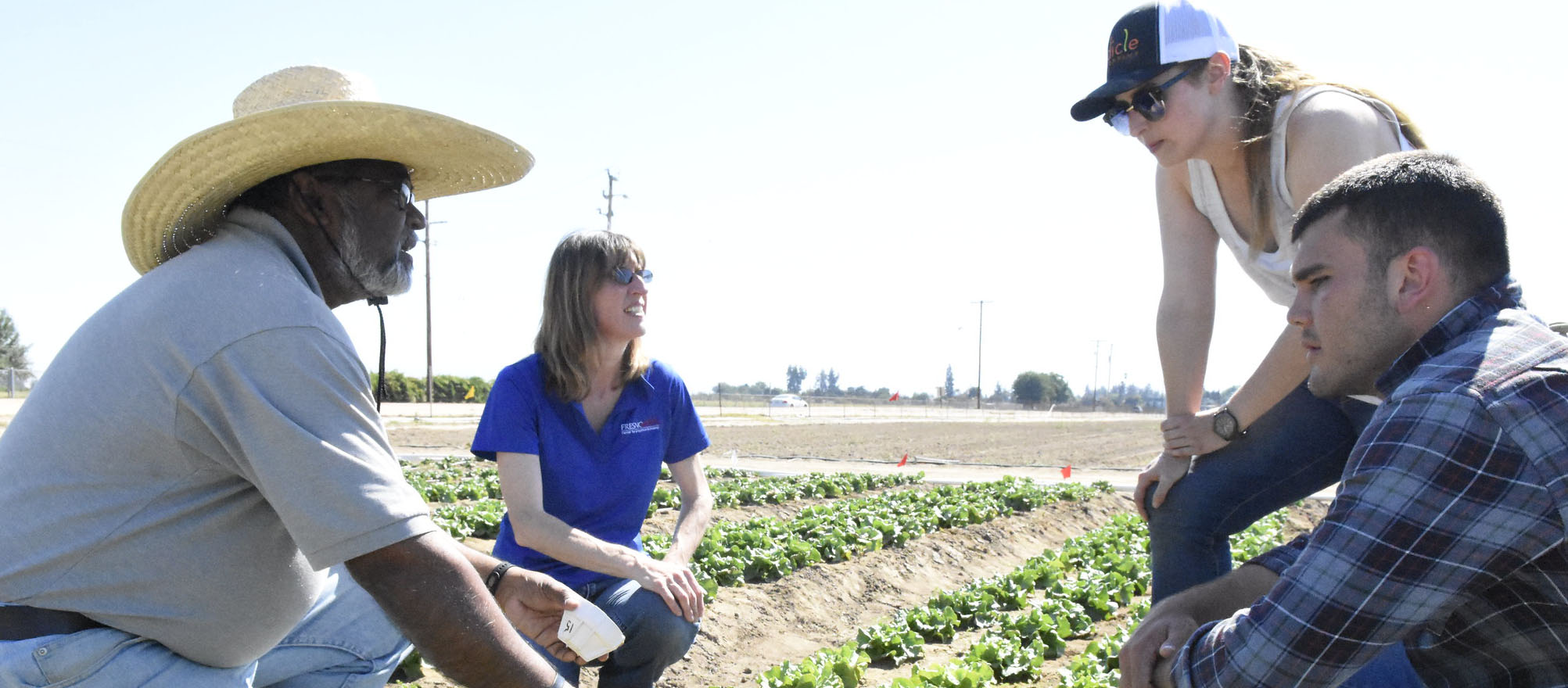Department of Plant Science
Affiliated Research Centers
Plant Science faculty also conduct collaborative research with investigators at the University of California Kearney Agricultural Centers and/or the USDA-ARS laboratory. These state-of-the-art research facilities are located in Parlier, California approximately 30-40 minutes from the Fresno State campus. The following researchers located at these facilities have involved Plant Science graduate students in their research, either serving as the direct supervisor for thesis research conducted in their laboratories, or by providing paid hourly work to graduate students. International students may have some restrictions on working at these off-campus facilities.
University of California Kearney Agricultural Center (UCKAC)http://kare.ucanr.edu/
Located 15 miles southeast of Fresno in the central San Joaquin Valley, Kearney is the University of California's largest off-campus agricultural research facility consisting of a multi-disciplinary team of 25 faculty members drawn from UC Davis, UC Riverside, and UC Berkeley that are permanently assigned to Kearney which combined with technical and support staff, students and post-docs, and visiting scientists from around the world, the Center routinely houses more than 125 employees.
Research areas include the development of new fruit, nut, and grape varieties, innovative cultural and irrigation practices, pest and disease management techniques, and postharvest biology studies to reduce losses in the shipping of fresh market crops. Studies include air and water quality, and mosquito management.
USDA Agricultural Research Service (USDA-ARS)http://www.ars.usda.gov/main/site_main.htm?modecode=53-02-00-00
The USDA-ARS research lab in Parlier is composed of three management units plus one project on arid lands germplasm conservation. The Water Management Research Lab Unit investigates soil and irrigation water availability, water quality, water resource management, and methyl bromide alternatives in pre-plant soil fumigation. The Crop Diseases, Pests and Genetics Research Unit seeks to develop unique and improved methods to minimize production losses in horticultural crops in California caused by citrus tristeza closterovirus (CTV) and introduced plant pathogens and insect pests such as the glassy-winged sharpshooter which causes Pierce’s disease in grapevines and those causing the almond leaf scorch disease. The Commodity Protection and Quality Unit investigates new ways to control post-harvest insect pests and decay in horticultural commodities, including the development of non-chemical commodity treatments and integrated management systems which will reduce the use of chemical pesticides.
